“Efficiency culture” poisons partnerships between Western organizations and Indigenous peoples. Here are 4 tips for better partnerships.
Western business culture prizes efficiency. It sets targets and deadlines for very specific aims. Managers set out a project scope, timeframe, and budget and then do everything possible to deliver on those predetermined aims with as little wasted time as possible.
But efficiency has a dark side. It undermines healthy relationships (and has other unsavoury side effects). By minimizing the time invested in our relationships, we erode the closeness and trust our relationships can develop.
The same is true with corporate partnerships. When business leaders take an efficiency approach to partnership, it’s harder to build relationships and understand a partner’s perspectives. This is a particular problem when working with Indigenous peoples, whose voices and values have often been ignored.
This article shares insights from two people who’ve explored this challenge.
BJ Cruse is Chair of the Eden Local Aboriginal Land Council in New South Wales, Australia. For more than 20 years, he’s been working on The Bundian Way Project with more than 40 Western organizations. Their goal? To turn an ancient walking trail into a place to share his community’s history and culture.
Dr. Maegan Baker researched the partnership and won the 2022 Ivey-ARCS PhD Academy Best Paper award for her work.
Their guidance can help corporate-Indigenous partnerships advance projects, create mutual learning, and reduce inequality.
The Bundian Way Partnership
The community of Eden, in Southeastern Australia,has struggled. Local industries have shut down, leaving fewer opportunities for training and employment. The economic and psychological impacts are even greater for Indigenous community members, who already suffer from historical trauma related to colonization. Their deep connection to the land also makes relocation painful.
Indigenous elders in Eden felt that young people needed employment options as well as opportunities to feel proud and reconnect with their land and their culture. From this need, the Bundian Way project was born.
The project is turning an ancient walking trail into a place to share the region’s history and cultural significance. The project also aims to develop better relations across communities, and grow a culturally-sensitive tourism economy. Over time, partners have developed a business model, surveyed and registered the site, and found funding. They have also worked to build strong relationships.
4 Tips for Managing Time in Indigenous Partnerships
Cruse and Baker have seen the importance of giving a partnership the time it needs to flourish. Imposing Western efficiency culture on Indigenous partners –intentionally or not – loses trust. That trust can take decades to rebuild, if it can be regained at all.
Here are four tips Cruse and Baker offer to help Westerners manage timelines in Indigenous partnerships.
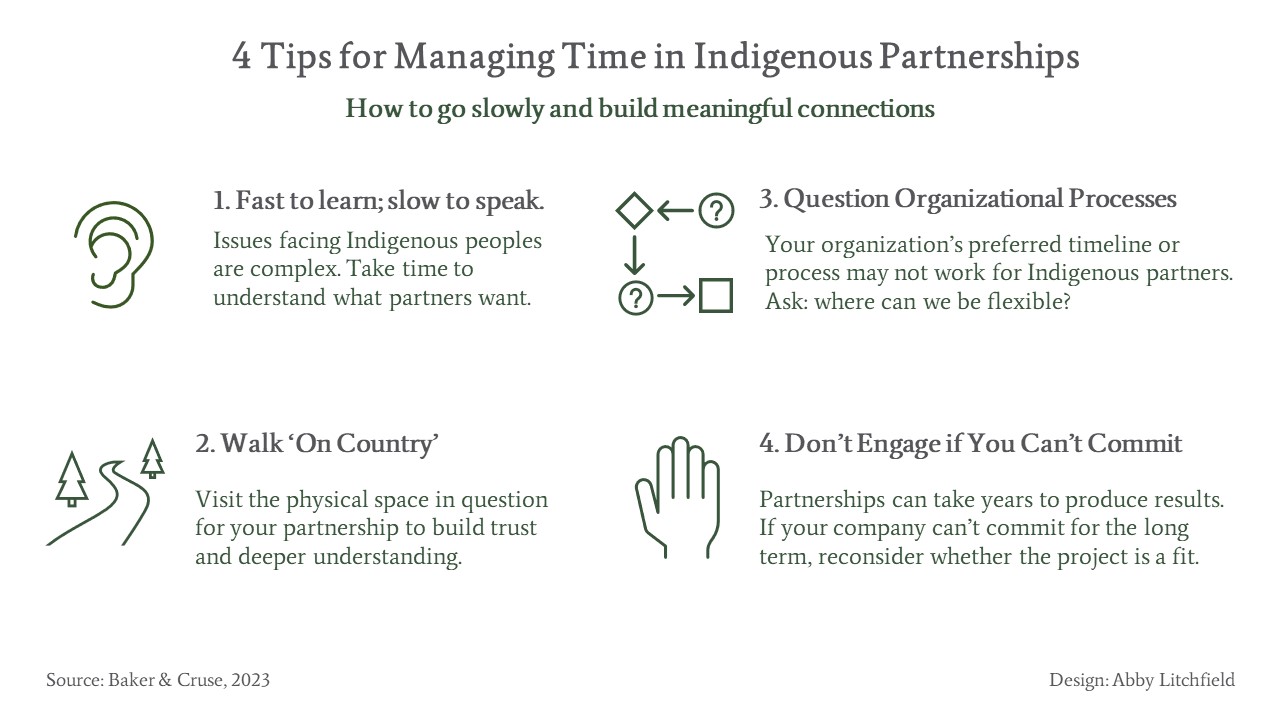
Tip 1: Fast to Learn. Slow to Speak.
First, listen to what your partners want, both in terms of goals and how to achieve them.
For example, in the Bundian Way, Indigenous partners want jobs, but also want industries that are not environmentally destructive. This is why the project prioritizes cultural tourism and environmental education. That’s in contrast to industries such as agriculture, logging, and (over)fishing, which have dominated the region’s economy.
Start your engagement by listening and learning what matters to your partners. Issues facing Indigenous communities are complex, Cruse emphasizes. They involve economics, land rights, native title issues, and cultural and environmental considerations. Take things slow to ensure you are addressing Indigenous partners’ critical priorities.
As you listen, you may find ways to improve your own organization. An Indigenous worldview has much to teach Westerners.
Tip 2: Walk ‘On Country’
It’s important to see the place where the partnership’s activities will play out. In Australia, this is called being ‘on Country’. Being on Country is particularly important for Indigenous people as they have deep connections to the land and waterways of their ancestors.
Walking on Country brings a broad range of social, environmental, spiritual, and cultural connections. There is no virtual substitute for imagining the impact your work might have in the actual place where it will occur. You hear and see things differently and you may change your perspective on why your work matters.
(These interviews with Indigenous community members in Eden show the strong links between culture and Country.)
In the Bundian Way project, after Western partners walked on Country, they had more appreciation of what the project meant to their Indigenous partners and how trail development supported Indigenous history and culture. “It is really quite inspirational,” said a member of the Bundian Way Advisory Committee, “You’re walking in the same area that people have walked for forty or fifty thousand years. And…by walking, you have time to really kind of consider all that.”
If your partner invites you to Country, it’s probably because they see you as someone who respects the community. You should go. Being on Country can make a massive difference to how your trust develops and how your partnership unfolds.
Tip 3: Question Organizational Processes
Your organization’s processes may not work well for your Indigenous partners. Question how critical it is to stick to your processes and how much power you have to change a process. Leverage the freedom you have to be the best partner you can be.
For example, in the Bundian Way, government and private funding was often structured to cover costs for contractors but not employees. This didn’t help the community’s priority of generating local employment, since the Land Council could only hire local people if they had previously set up a private contracting business (and most hadn’t).
Western organizations created other constraints. Some imposed strict timelines, but meeting tight deadlines can be difficult for Indigenous partners if they have other commitments – which they often do.
For better outcomes, Indigenous partners should be consulted when the project timeline and processes are being created – not once the details are carved in stone.
Both you and your Indigenous partners will likely have some key principles you want to hold onto. But co-creating the engagement process can massively improve your ability to work together productively and respectfully.
Tip 4: Don’t Engage if You Can’t Commit
The Bundian Way has been decades in the making. Research started in the early 2000s, but business model development took another four years. Surveying and registering the site on the state heritage register took three years. Pursuing funding lasted an additional eight years.
These initiatives take a long time. Decide if you and your organization are prepared to make the commitment. If you do not have the time, staff, or resources to attend meetings, walk on Country, or listen to your partners explain their values, preferences and goals, the project may not be a good fit for your organization.
The last thing you want to do is abandon the project mid-way, like other stakeholders have likely done before.
BJ Cruse’s Reflections: Getting It Right vs Getting It Done
Indigenous people prefer a style of engagement that is based on collaboration, not compliance, says Cruse. For hundreds of years, colonizers have imposed practices, laws and regulations.
Indigenous people are used to working on things a long time before they see results. It is more important to take the time to get things right, than to rush through a project simply to say it’s finished.
Maegan Baker’s Reflections: Outcomes Must Be for All
It’s very challenging to step back from efficiency culture, because it is so deeply engrained in Western business practices. Myself and many other non-Indigenous partners on this project have had to question why we’re so focused on striving for fast results. Outcomes are not meaningful if everyone does not agree to them. It’s critical to take the time to understand what Indigenous partners want; an efficient solution is not necessarily effective.
More Insights on Indigenous Partnerships
Cruse and Baker share more insights from the Bundian Way Project in our sister article, “6 Ways Companies Can Build Stronger Relationships with Indigenous Partners.” There, they focus on how to build high-trust relationships.
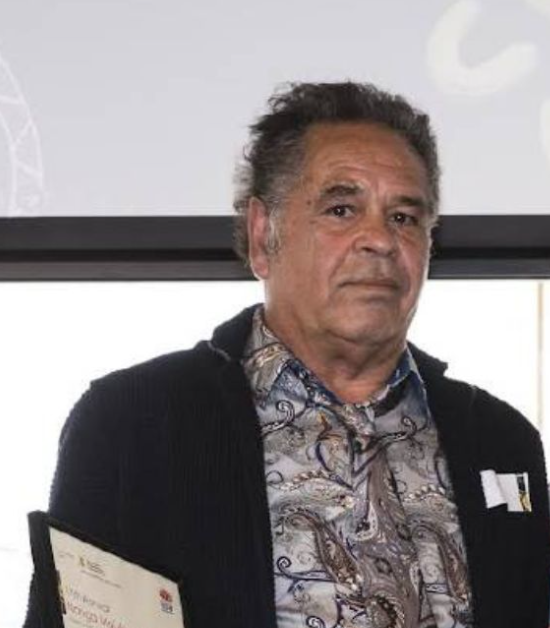
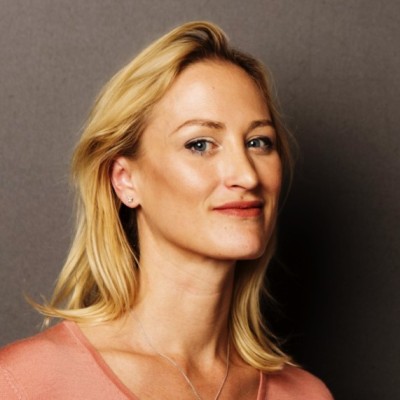
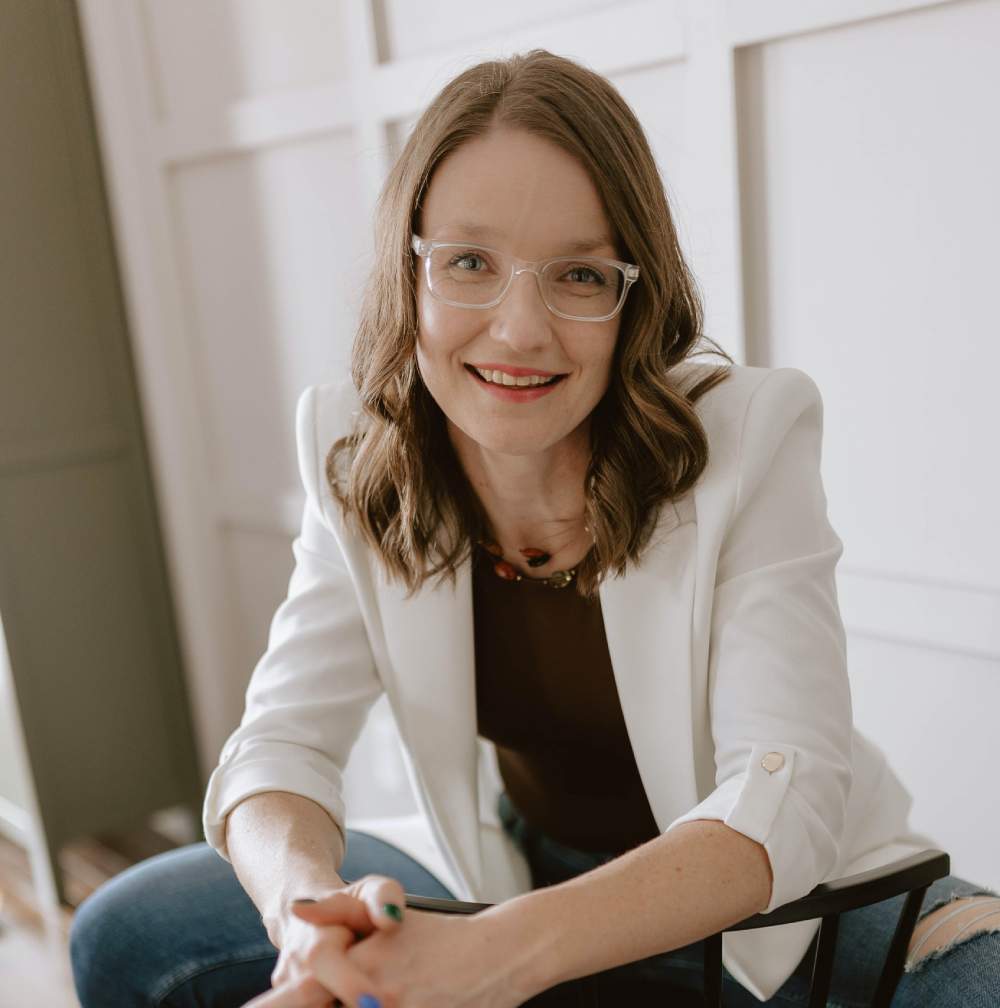
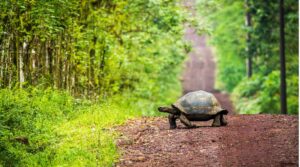

Add a Comment
This site uses User Verification plugin to reduce spam. See how your comment data is processed.This site uses User Verification plugin to reduce spam. See how your comment data is processed.